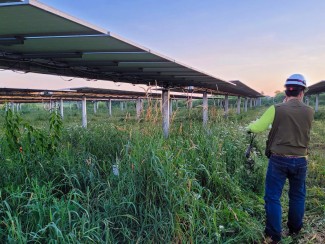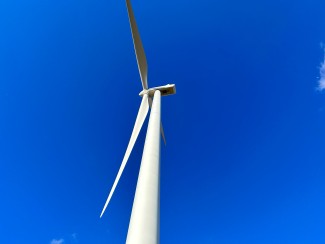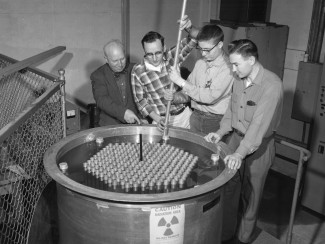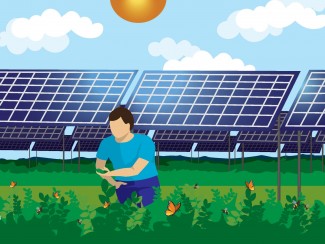
Earlier this fall, WEI experts shared their insights on climate change, why UW–Madison ranks lowest among its peers in sustainability, and how scientists can break free from Twitter's echo chambers and reach new audiences.
Lethal inaction: The era of 'eco-anxiety' is here. What is it and how does it apply in Wisconsin?
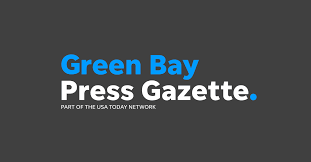
Green Bay Press Gazette
Rising temperatures, wetter seasons, extreme precipitation, topsoil erosion, heat waves, droughts, destroyed habitats, beloved species fading from existence.
At any given moment, we are inundated with doom, disaster and talk of mass extinction. Animals are disappearing, rainforests critical to carbon storage are being sold to the highest oil bidder, the Great Salt Lake is diminishing before our eyes.
"Younger generations keep seeing this message of doom and gloom and the end of the world in 12 years, 15 years and so on," Dominique Brossard, professor and chair in the Department of Life Sciences Communication at the University of Wisconsin–Madison, said. "We know from research in the psychology of risk that if you keep on talking about doom, what you end up doing is fueling a feeling of helplessness, anxiety."
Featured Researchers
What can you do about climate change?
Well Wisconsin Radio
Listen in as host Morgan Meinen interviews Dr. Tracey Holloway, a professor in the Nelson Institute for Environmental Studies and the Department of Atmospheric and Oceanic Sciences (AOS) at the University of Wisconsin–Madison. Morgan and Tracey will discuss the state of climate change in Wisconsin, actionable insights, and learn about her involvement with the group, Science Moms.
Featured Researchers
A Sunny Future: WARF Project is Changing Solar Energy

The Daily Cardinal
Solar energy is the way of the future — powering our homes, businesses and even our cars. This sustainable, renewable energy source is being studied extensively at the University of Wisconsin–Madison, and in May of 2022 the Wisconsin Alumni Research Foundation (WARF) awarded $100,000 in grant funding to four research groups through the Accelerator Electrification Challenge Grant.
Featured Researchers
Why does UW-Madison rank dead last in sustainability among its peers?

Cap Times
Every two years, UW–Madison files a Sustainability Tracking Assessment & Rating System (STARS) report. This report evaluates all aspects of the university’s sustainability strategy, including greenhouse gas emissions, academic curriculum and community engagement, to calculate a comprehensive score from zero to 100.
In its latest report from this spring, the university scored 59.88 points, earning it a modest “silver” rating. But when the Cap Times compared UW–Madison to 19 of its peer institutions, as defined by the university itself, it ranked dead last.
Featured Researchers
Wisconsin groups weigh in on EPA proposal to tighten tailpipe pollution from heavy trucks

Wisconsin Public Radio
A proposal by federal environmental regulators to limit pollution from heavy trucks is being welcomed by Wisconsin health and environmental advocates. But the state’s trucking industry fears it will put small operators out of business.
Milwaukee County Executive David Crowley said in a virtual briefing that Wisconsin needs the strongest safeguards against truck pollution that will set the state on a path toward zero-emission trucks by 2035.
Featured Researchers
How Scientists Can Break Free from Twitter’s Echo Chambers and Reach New Audiences
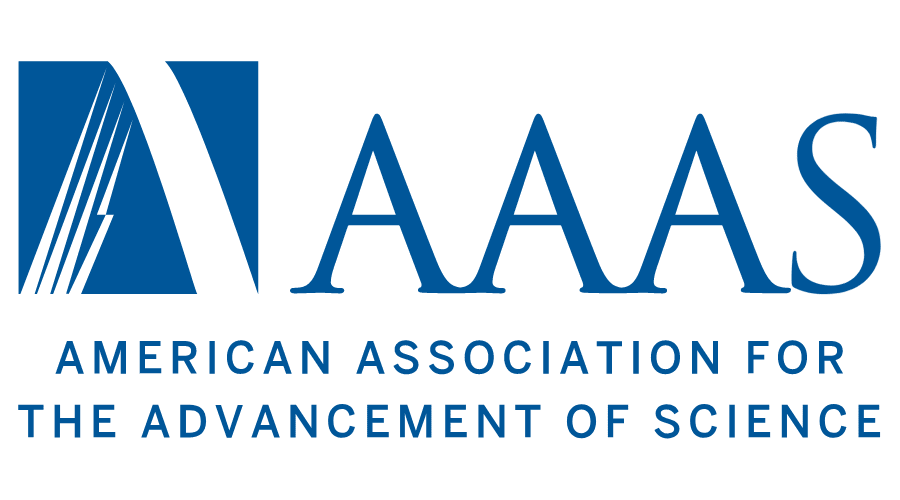
American Association for Advancement of Science
Social media is a key tool for scientists seeking to communicate new research quickly and transparently. But, because of its curated, algorithm-driven design, social media also shelters hyperpolarized public attitudes on scientific issues, letting these attitudes emerge and grow in separate echo chambers.
Unfortunately, scientists – among others – have not yet adapted to this online environment, argue Dietram Scheufele and Dominique Brossard in a Perspective in Science’s “Science in the age of social media” special issue, published earlier this year.

